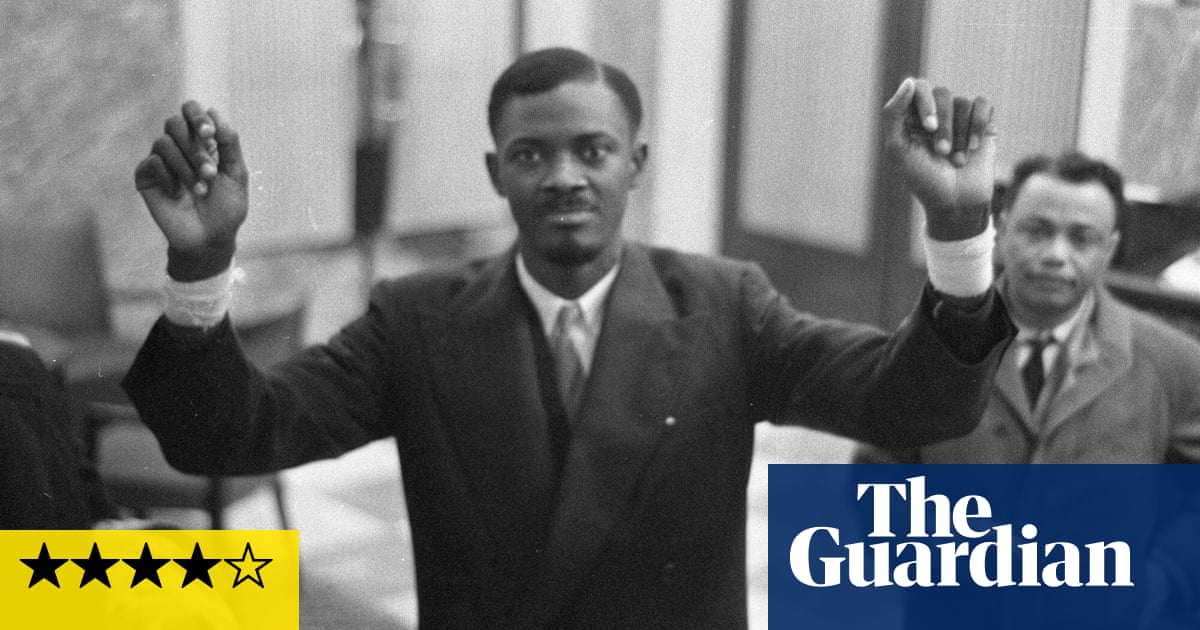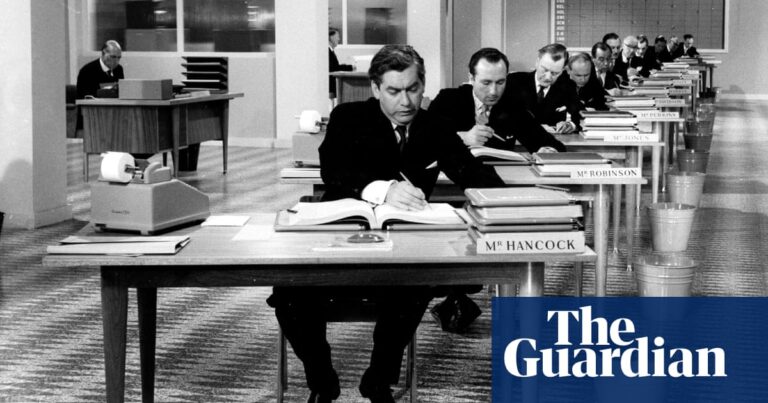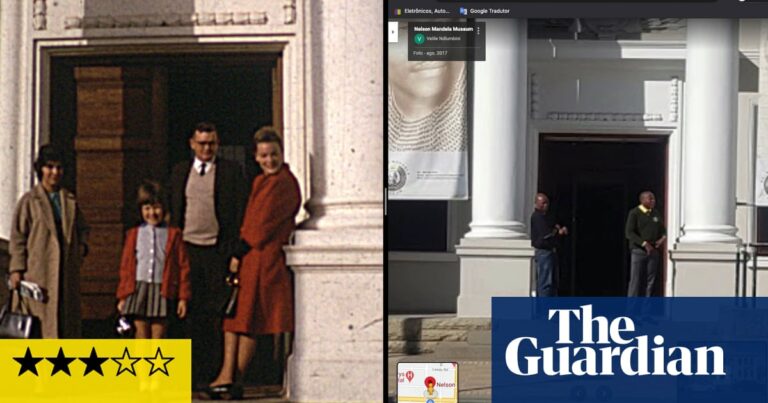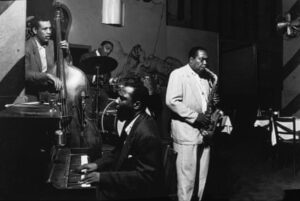
I last encountered the work of the Belgian artist and film-maker Johan Grimonprez in the documentary-reverie Double Take from 2009, which imagined an encounter between two Alfred Hitchcocks. Now in this fascinating and valuably informative film, he amplifies what he sees as the mood music that lay behind the assassination of the leftist Congolese leader Patrice Lumumba in 1961; a strange and jazzy new “cool war” offensive in which the American intelligence services, through various fronts, tried to export jazz music by black American musicians to Africa, to win hearts and minds.
The film suggests that Lumumba’s murder, perpetrated by partisans of a civil war stoked by western intelligence services soon after his election, was connived by the US, the UN and by Congo’s former imperial masters, Belgium. The reasoning was that Lumumba might withhold from the west his country’s uranium reserves, vital for making nuclear weapons. Lumumba’s Congo was also a key player in the “United States of Africa” movement which was beginning to alarm the Eisenhower government.
Grimonprez presents a cine-collage of archive footage, interviews, text (with footnotes) and music, proposing a new jazz soundtrack to the paranoid style of American politics. But more specifically, he discusses Louis Armstrong’s African tour of the early 1960s (sponsored by the US state department), and the way the CIA used Armstrong’s colossally popular concerts, attended by foreign nationals, as camouflage for American operatives being present; white foreigners would not be so conspicuous and suspicious because Armstrong was in town.
As for the musicians themselves, they resented the thought that they were the CIA’s useful idiots; Armstrong had previously objected to the idea of an official Russian trip on these grounds and began to suspect bad faith in this new African tour. But if they were serving an anti-Soviet purpose, the musicians were entitled also to see something more than philistinism in the Soviet Union’s icy indifference to jazz, and to see this music as a vital link between the new African anticolonialism and the drive for civil rights at home.
This is a film which has a little of Oliver Stone in the way it inhales something eerie and sinister in the atmosphere, and it’s something to set alongside Leon Gast’s 1996 documentary When We Were Kings, about the Ali-Foreman boxing match in Zaire (formerly Congo) more than a decade after Lumumba’s death; another chapter in this strange international culture war.
Source: theguardian.com



















